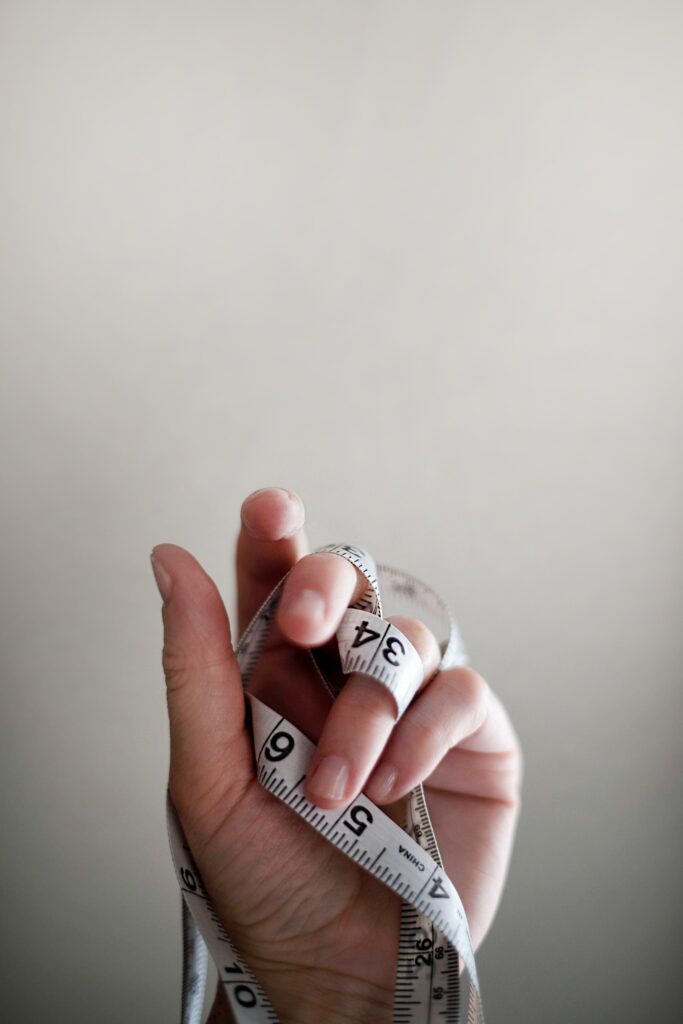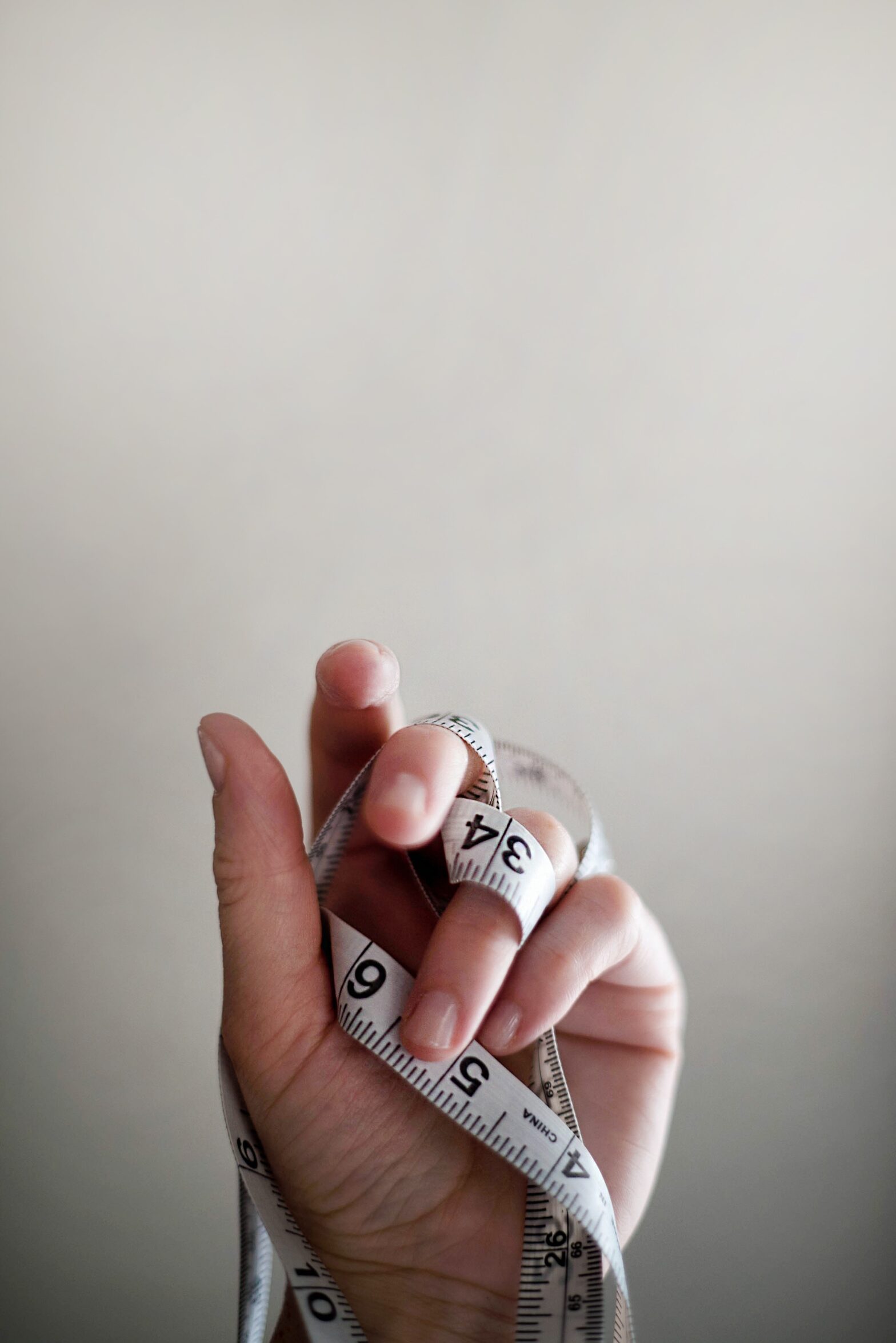Carrying a heavy purse may seem like a minor inconvenience, but it can actually have a significant impact on your health. According to orthopedic surgeon Dr. Sabrina Strickland, the strain of lugging around a heavy bag can cause misalignment in the spine, leading to pain in the back, neck, shoulders, and joints. In some cases, it can even worsen existing issues, such as herniated disks or scoliosis. A small study published in the Journal of Physical Therapy Science also found that habitually carrying a bag on one side can affect how you walk. To avoid these problems, Dr. Strickland recommends distributing the weight evenly across both shoulders, lightening the load, and focusing on core strength.

Read More Articles About the Travel Backpack for Women
Reasons Why Your Purse Is Too Heavy
Overpacking
One of the main reasons why your purse may be too heavy is because you are overpacking. It’s easy to fall into the trap of thinking that you need to bring everything with you, just in case. However, this can lead to your purse becoming overloaded with unnecessary items. By consciously avoiding overpacking, you can significantly reduce the weight of your purse and alleviate any potential health issues.
Carrying Unnecessary Items
Another reason why your purse may be too heavy is because you are carrying unnecessary items. Many people accumulate items in their purse over time without realizing how much weight they are adding. Take the time to regularly assess the contents of your purse and remove any items that are not essential. By only carrying what you truly need, you can lighten the load and reduce the strain on your body.
Not Cleaning Out Your Purse Regularly
If you don’t clean out your purse regularly, it’s likely that you are carrying around items that you no longer need. Emptying your purse and organizing its contents on a regular basis can help prevent unnecessary weight from being added. By regularly cleaning out your purse, you can maintain a lighter and more manageable load.
The Health Effects of Carrying a Heavy Purse
Misalignment of the Spine
Carrying a heavy purse can lead to misalignment of the spine. When you constantly have weight pulling on one side of your body, it can cause your spine to become curved or imbalanced. This misalignment can put pressure on your spinal discs and lead to pain and discomfort.
Back and Neck Pain
One of the most common health effects of carrying a heavy purse is back and neck pain. The weight of the purse can strain your muscles and ligaments, leading to muscle soreness and stiffness. Over time, this can cause chronic pain in your back and neck.
Shoulder and Muscle Pain
Carrying a heavy purse can also lead to shoulder and muscle pain. The weight of the purse can put excessive strain on your shoulder muscles and cause them to become fatigued. This can result in discomfort and pain in your shoulders and upper back.
Joint Strain
The strain of carrying a heavy purse can also affect your joints. The added weight puts extra pressure on your joints, particularly in your shoulders and wrists. Over time, this can lead to joint stiffness and pain.
Worsening of Herniated Disks
If you have a pre-existing herniated disk, carrying a heavy purse can exacerbate the condition. The added weight and strain can put extra pressure on the disk, causing it to protrude further and increase pain and discomfort.
Potential Scoliosis in Children
Carrying a heavy purse at a young age can potentially contribute to the development of scoliosis in children. Scoliosis is a condition characterized by an abnormal curvature of the spine. The constant weight and strain on one side of the body can contribute to the development of this condition, especially if the child is still growing.

Read More Articles About the Travel Backpack for Women
How to Carry Your Purse in a Healthier Way
Carry Two Bags
One way to carry your purse in a healthier way is to distribute the weight across both shoulders. By carrying two bags, one on each shoulder, you can avoid the asymmetry that can lead to strain and alignment issues. It’s important to evenly distribute the weight between the two bags to maintain balance and reduce the strain on your body.
Lighten Your Load
To carry your purse in a healthier way, it’s essential to lighten your load. Follow the 10% body weight rule of thumb, which states that your purse should never exceed 10% of your body weight. Consider an even lighter threshold, around 6 or 7 pounds, to further reduce the strain on your body. Weigh your purse to accurately assess its weight and determine if any items need to be removed.
Think Beyond the Shoulder Bag
While shoulder bags may be a common choice, they may not be the best option for carrying your purse in a healthier way. Consider other alternatives, such as backpacks or cross-body bags. Backpacks distribute weight evenly across both shoulders and are ergonomically designed to reduce strain. Cross-body bags can also be a better option than shoulder bags as they distribute weight more evenly and minimize strain on your neck.
Increase Your Core Strength
Improving your core strength can help you carry your purse in a healthier way. Core strength plays a crucial role in maintaining good posture and avoiding alignment issues. Incorporate core exercises into your workout routine, such as planks, sit-ups, oblique exercises, and back exercises. Strengthening your core muscles will provide better support for your spine and reduce the strain caused by carrying a heavy purse.
Importance of Core Strength in Posture
Maintaining good posture is essential for overall musculoskeletal health. Core strength plays a significant role in supporting good posture. Strong core muscles help stabilize your spine, pelvis, and shoulders, allowing for proper alignment. By improving your core strength, you can enhance your posture and reduce the risk of musculoskeletal issues caused by carrying a heavy purse.
Avoiding Alignment Issues
Having a strong core can help prevent alignment issues. When your core muscles are weak, it can lead to poor posture, and this can further worsen the strain caused by carrying a heavy purse. Strengthening your core can help you maintain proper alignment, reducing the risk of spinal misalignment and other posture-related issues.

Recommended Core Exercises
To improve your core strength, incorporate the following exercises into your workout routine:
Planks
Planks are an excellent exercise for strengthening your core muscles. Start by getting into a push-up position and hold your body in a straight line, with your forearms and toes on the ground. Engage your core muscles and hold the position for as long as you can.
Sit-Ups
Sit-ups target your abdominal muscles and help strengthen your core. Lie on your back with your knees bent and your feet flat on the ground. Place your hands behind your head and lift your upper body off the ground, engaging your abdominal muscles. Lower your upper body back down and repeat.
Oblique Exercises
Oblique exercises target the muscles on the sides of your abdomen, helping to strengthen your core. Try exercises such as side planks, Russian twists, or bicycle crunches to engage your oblique muscles.
Back Exercises
Strengthening your back muscles is also crucial for improving core strength. Exercises like Superman pose and bird dog pose can help strengthen your back muscles and support your overall core strength.
Conclusion
Taking steps to lighten your purse and carry it in a healthier way is important for prioritizing your health and avoiding potential health issues. Overpacking, carrying unnecessary items, and not cleaning out your purse regularly can contribute to the excess weight. The health effects of carrying a heavy purse include misalignment of the spine, back and neck pain, shoulder and muscle pain, joint strain, worsening of herniated disks, and potential scoliosis in children. To carry your purse in a healthier way, consider carrying two bags, lightening your load, exploring alternatives to shoulder bags, and increasing your core strength through targeted exercises. Prioritizing your health by adopting these practices can help you avoid the negative consequences of carrying a heavy purse.

